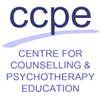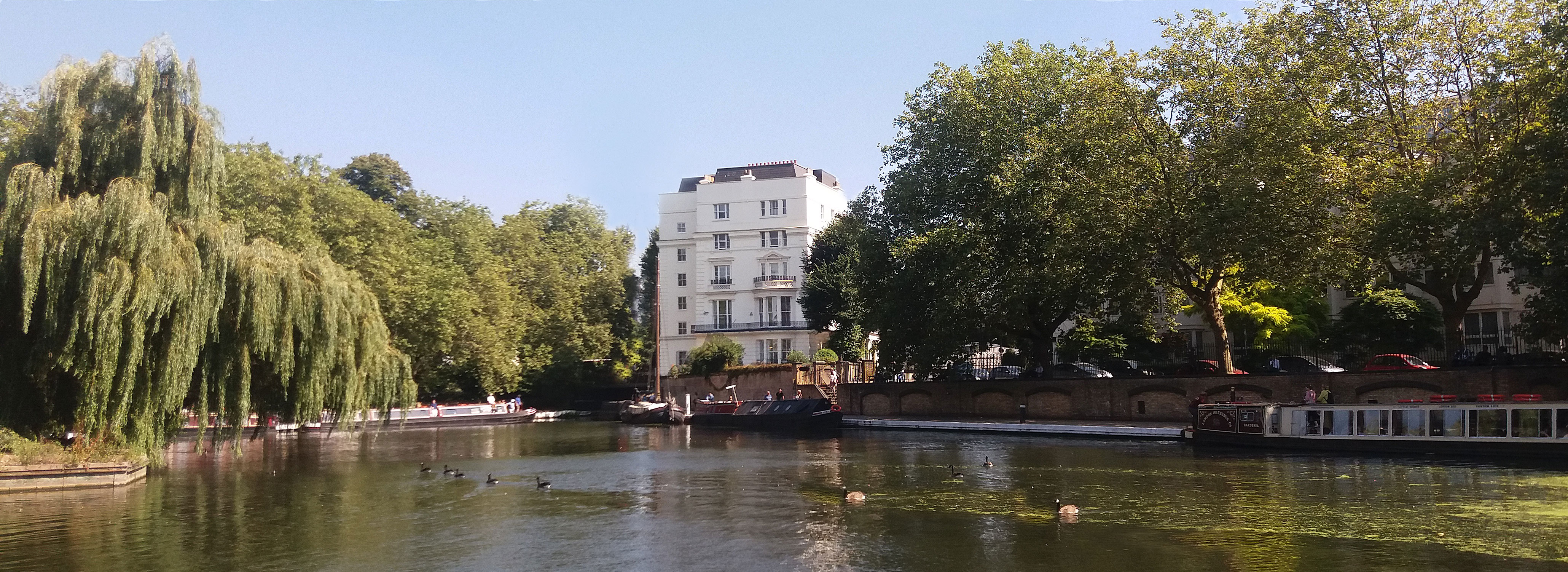Key information 2026
| Duration | Nine weekends from 10am-5pm daily (including a tea break in the morning, lunch break and tea break in the afternoon), from January to November |
| Cost 2026 | £3500 including a £200 deposit (non-refundable) |
| Award | Diploma in Transpersonal Couples Counselling and Psychotherapy |
| Weekend Dates 2026 | 17/18 January, 21/22 February, 21/22 March, 25/26 April, 30/31 May, 27/28 June, 12/13 September, 17/18 October, and 31st Oct / 1st November. |
| For more information | Please email info@ccpe.org.uk. |
Through the mirror your partner holds up to you, you discover your wholeness and learn to give your gift to the world - PAUL FERRINI
Introduction
A transpersonal approach to Couples and Intimate Relationships, simply put, posits that when two (or more) people come together in an intimate relationship, they create between them a space that is a container for psychological, emotional and spiritual growth. From this perspective, the travails of relationship, though painful, are not seen as bad or as evidence that, once again, we have chosen the wrong person! Rather, conflict is accepted as a necessary part of the process of being in relationship, through which we can become conscious of everything within us that calls for healing and transformation.
The CCPE Diploma training in Transpersonal Couples & Intimate Relationship Psychotherapy takes a positive view of intimate relationships, while teaching creative skills and techniques to help us navigate the painful shadow aspects of the work. The training integrates other relevant theories, such as object relations, systemic and psychosexual approaches, all within the context of a transpersonal perspective and thereby giving students a holistic perspective on their clients. Just as importantly each student comes away with a greater understanding of the core functions and Soul purpose of their own past and present relationships.
Course aims
In training offers:
- A diploma course consisting of nine weekends from January to December 2023.
- A thorough understanding of a transpersonal approach to Couple Therapy.
- A thorough grounding in the main theories relevant to Couple Therapy as stated above.
- An understanding and practice of the skills necessary to manage the challenges of working with couples, from initial assessment through to endings.
- An opportunity for participants to gain a deeper understanding of their own relational patterns through experiential work and feedback.
- A possibility to work with couples at a low cost referred by our clinic at CCPE and other affiliated agencies, where available.
- An opportunity to practice the skills taught on the course through small group practice sessions
- Supervision in small groups facilitated by a couples therapist and supervisor.
Course dates
The course will take place over nine weekends throughout the year on January February, March, April, May, June, September, October and November.
All weekends run from 10am - 5pm with lunch, morning and afternoon tea breaks.
Course content
Module 1 & 2: The Alchemy of Relationships
The first two weekends focus on theories relevant to the formation of intimate relationships and the maintenance of conflict within them such as Attachment theory, Systems theory and Object Relations. Students will be invited to explore their own relationship history and personal intimate relationship templates. Practicalities such as managing the first sessions, introducing structured communication techniques and live demonstrations will be provided so that at the end of these weekends participants will have learned and practiced some of the basic skills necessary to begin working effectively with couples and intimate partner relationships.
Aims:
- Introduction to Couple Therapy and a Transpersonal Approach.
- Exploration of the Stages of Relationships.
- Attachment Styles, Systems Theory and Object Relations and their relevance to couples and intimate partner relationships
- Exploration and reappraisal of our own relationship templates.
- Practicalities: assessment, history taking, ethics, contracting etc, and live demonstrations.
- Skills practice: Managing the first session, structured communication processes and the use of Genograms in couples therapy.
Module 3 and 4: Polarisation: The Couple in Crisis
Weekends three and four will focus on context of relationship in wider culture and society and at conflict and symptomatic problems such as violence, infidelity and out of control sexual behaviour.
Aims:
- Working with the impact of addiction, infidelity and violence in intimate partner relationships.
- Working with conflict, confrontation and managing anger in Couples Therapy
- Exploration of the impact of sociological and cultural contexts in couple relationships.
- Exploration of and working with difference & diversity including LGBTQ+, ethnicity, race, religion, etc.
- Skills Practice/group supervision.
Module 5: Couples Therapy with a Sexual Focus (CTSF) and Psychosexual Dysfunction
This weekend explores the importance of sex and psychosexual issues in couple relationships and the differences between Psychosexual Therapy and Couples Therapy with a Sexual Focus. This weekend offers students an opportunity to develop their skills and knowledge in working with psychosexual issues and knowing when to refer the couple to a specialist.
(N.B. some of the material in this weekend is of an explicit nature)
Aims:
- An introduction to the broad spectrum of Sexual Dysfunction including Desire Discrepancy, Erectile Dysfunction, Pain and Penetration disorders etc.
- Exploration and understanding of alternative sexual practices such as BDSM, kink, fetish etc.
- Psychosexual Assessment, Treatment and onward referral.
- Therapist and client assessment of sexual attitudes, beliefs and values.
- Understanding and facilitating Couple Therapy with a Sexual Focus.
- Integrating a transpersonal perspective and Couple Therapy with a Sexual Focus.
Module 6: Observed Skills Practice
This weekend will focus on formative assessment through observed skills practice in which students will facilitate a live session with a ‘couple’ (role-played by fellow students) and receive written feedback from the tutor/s and peers.
Module 7 and 8: Creative Imagination & Neurodiversity
These weekends focus on understanding the usefulness of modern thinking regarding Neurodiversity, biology, neuropsychology and the power of creative imagination as a therapeutic intervention in bringing about change in couples relationships. These weekends will also include final assessments of skills acquired during the year through observed skills practice or presentations.
Aims:
- Formative assessment through Observed Skills Practice / Presentations
- Overview of the interface between biology, neuropsychology and couple dynamics.
- Overview and experience of creative imagination and how the couple therapist can extend the repertoire of imaginative and creative exercises in the therapy room.
- Supervision and Skills practice.
Module 9: The Cycle of Life, Death and Re-birth in Relationships
This final weekend focuses on the Psychosynthesis of a transpersonal approach to relationship therapy that will bring the course to a close. We will further examine relationships through deepening our understanding of co-creation, loss, grief, and reviving passion that takes place, within the concept of relationship as a ‘spiritual’ path.
Aims:
- Confronting the Shadow of the Relationship
- Processing Loss and Grief within the evolution of relationship
- Reviving the Spark - through Sexual and Relationship enhancement
- Freeing the Soul of the Relationship
- Managing Endings in Couple Therapy and Saying goodbye
- Group ending
CCPE reserves the right to alter the content of the course without notice
Entry requirements
You must:
- Have an accredited Diploma in Adult Counselling and/or Psychotherapy or equivalent;
- Have or be eligible for and/or working towards, professional accreditation with the BACP, UKCP or equivalent;
- Have a minimum of one year’s postgraduate supervised clinical experience of individual, group, family or psychosexual therapy;
- Have received (or currently be) in your own personal therapy;
- Be self-reflective and receptive to constructive feedback;
- Take active responsibility for your own learning;
- Have a keen interest in Transpersonal Psychology and its applications;
- Provide two references one of which should be from your current supervisor supporting your clinical work and suitability for couples work.
Requirements for the award of the diploma in couples counselling
-
- A minimum of 80% attendance is required (N.B. Completion of Module six is mandatory). Any additional days or weekends missed, for any reason, must be made up with a catch-up weekend/or tutorials at the end of the year for which there will be an additional charge.
- In addition to the group supervision provided as part of the course you must have regular supervision with an approved supervisor at a rate of 1:4, who is qualified in both supervision and couples therapy. This is not included in the course fee.
- Evidence of your understanding of the taught theory, skills and application to couples therapy, demonstrated though observed practice sessions throughout the year, assessed ‘live’ Observed Skills Practice and written work as outlined below.
- Submission of a 1000 word self reflective essay
- Submission of a 2000 word theory essay.
- Submission of a 2,500 word case history based on your work with one couple who have received a minimum of eight or more continuous sessions of couples therapy with you.
- Completion of 20 hours of supervised couples work to be completed within six months of the end of the course - (a letter from your couple therapy supervisor confirming completion of these hours will be required as evidence).
- Completion of observed skills practice sessions with a ‘couple’ (role-played by fellow students) and receive written feedback from the tutors and peers.
Course Fees
£3200 (a £200 deposit is payable with your application. This is refundable up to and including September 2024. After this time it is non-refundable)
10% discount if booked before October 10th 2024
Training staff
All training staff are UKCP registered Psychotherapists (or equivalent), experts in their field and trained and qualified in individual, family therapy, supervision and couples therapy
Course Tutors
Cathy McDermott – Course Director: B.Sc. (Hons) Psych. M.Sc., Occ. Psych., Dips; Psychotherapy, Supervision, Adv. Psych., and Psychosexual Therapy and Certified IMAGO Relationship Therapist.
Joe Moran – Course Tutor & Supervisor: MA, Dipl. Psych., Dipl. Supvn., Dipl. Couples Psych.
Visiting tutors:
Shaun Goodwin - BA, MA (Child, Adolescent & Family Therapy), Dip. Psych., Dip. Sand., Dip. Supvn
Support Supervisor:
Eva Riegler – Dipls, Psch. & Adv Psych, Supvn, Couples Dip (summer supervision)
Please note: All content is correct at the time of publication but may be subject to change.
CCPE equal opportunities policy
CCPE promotes equal opportunities for students, clients and staff. CCPE is committed to a policy and practice where students’ admission to the course will be determined only by personal merit and performance. No applicant as a student or for a staff appointment will be treated less favourably than another on the grounds of gender, sexual orientation, race, ethnic or national origin, disability, religion or age. Similarly, the above statement applies to client practice for students and staff. This aligns with CCPE’s Core Values that can be seen on our website.

